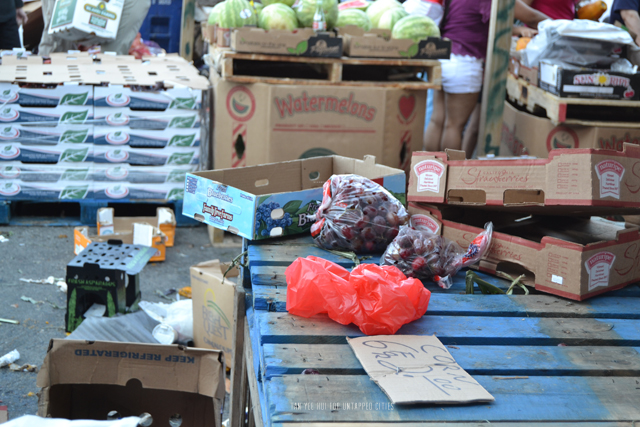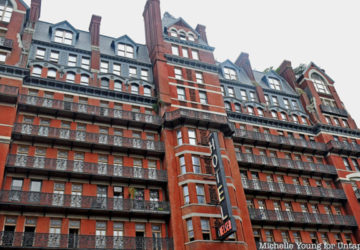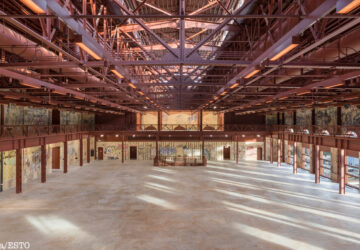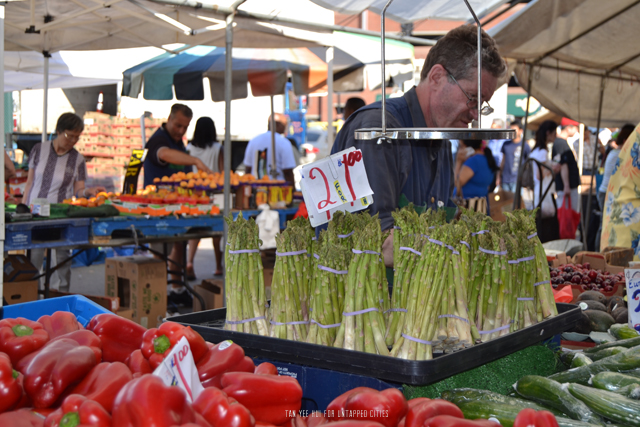
Haymarket is one of Boston’s oldest, and many would argue, best weekend institutions. Since 1830, vendors have congregated in the open space between the historic North End and Government Center from sunrise to sunset on Fridays and Saturdays, rain or shine, hawking the city’s cheapest produce sourced from wholesalers making space for new shipments. But like so many things that are old and good, Haymarket’s continued presence is not guaranteed, and it seems unlikely that Haymarket will remain the way it is – loud, imperfect but loved, for long.
Proposals to make changes to the market and develop the area have been thrown around for the last decade. These include the institution of the Boston Public Market, a year-round indoor daily farmers’ market, and the recently confirmed construction of Haymarket Square Hotel on the area of land known as Parcel 9 on Greenway, right in Haymarket’s vicinity. While the city has promised that these proposed changes will not affect the activities of the market, which continues to operate without electricity, running water, or bathrooms, many expect that most of these proposals will either damage Haymarket’s business or compel changes to the market, given foreseeable complaints about the levels of noise and activity.
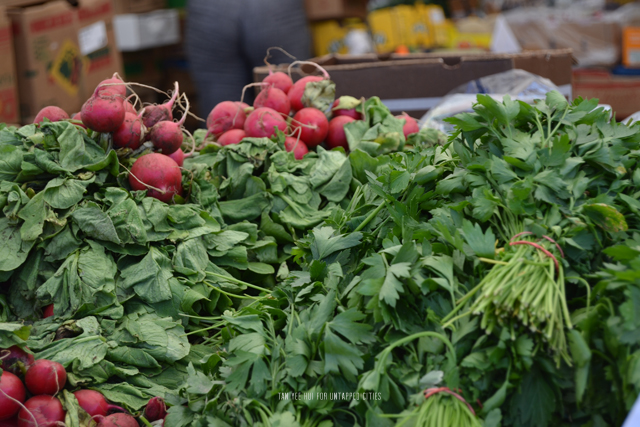
Such a change might be a favorable outcome for some of the businesses in the area whose traffic is affected on Fridays and Saturdays, and who sometimes complain about the mess the vendors leave behind. It may even be more comfortable for vendors and Haymarketeers during the winters and summers, and perhaps cleaner. Objectively, maybe this would be good for the market and those who make their living there. In its current state, a trip to Haymarket typically involves pushing your way through sweaty crowds, stepping over fallen fruit and heaving your way out of the maze of stalls while you’re laden with bags.
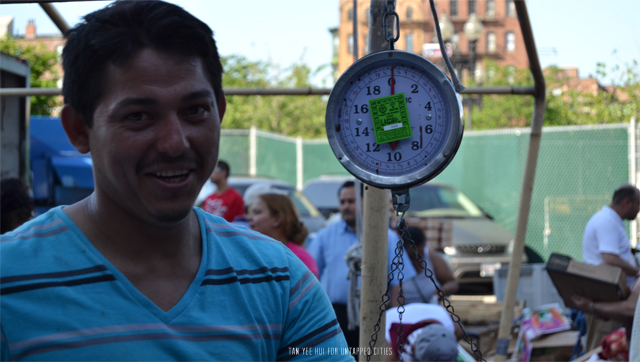
As it is, though, there is nothing like the Haymarket in Boston. There’s no shortage of farmer’s markets in the city, as almost every square and suburb sells its local offerings weekly. The best known of these is SOWA, the summertime market that brings together fresh produce, arts and craft, everything vintage and food trucks. But of course, not everyone can afford to pay $5 for a pint of cherry tomatoes, even if they were grown in Massachusetts, or $7 for a pack of a dozen eggs. For the same amount you would spend at one of these places, you could do your shopping at Haymarket and have a good dinner at the Daily Catch in the North End afterwards, and maybe even slip in a few pastries.
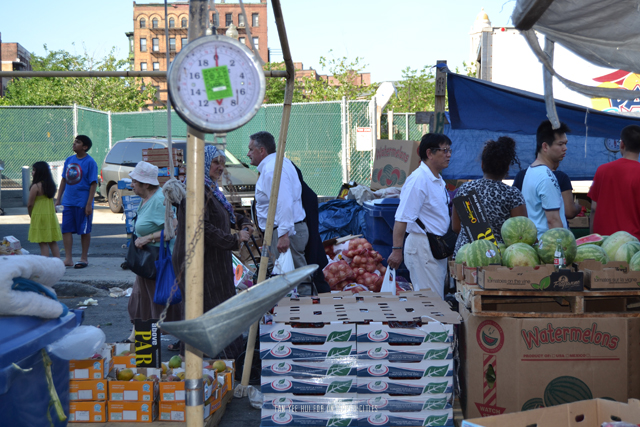
Furthermore, Haymarket embodies Boston’s immigrant culture–one of those facts about the city which you know intellectually to be true, but which you can’t always see or feel. At Haymarket, you do. You hear a dozen different languages spoken in the course of an hour, and meet a diversity of people, who have the same place in the city as you do. Fresh produce here is cheap and sweet, and if you’re lucky, your groceries are accompanied with a condensed version of a vendor’s life story.
